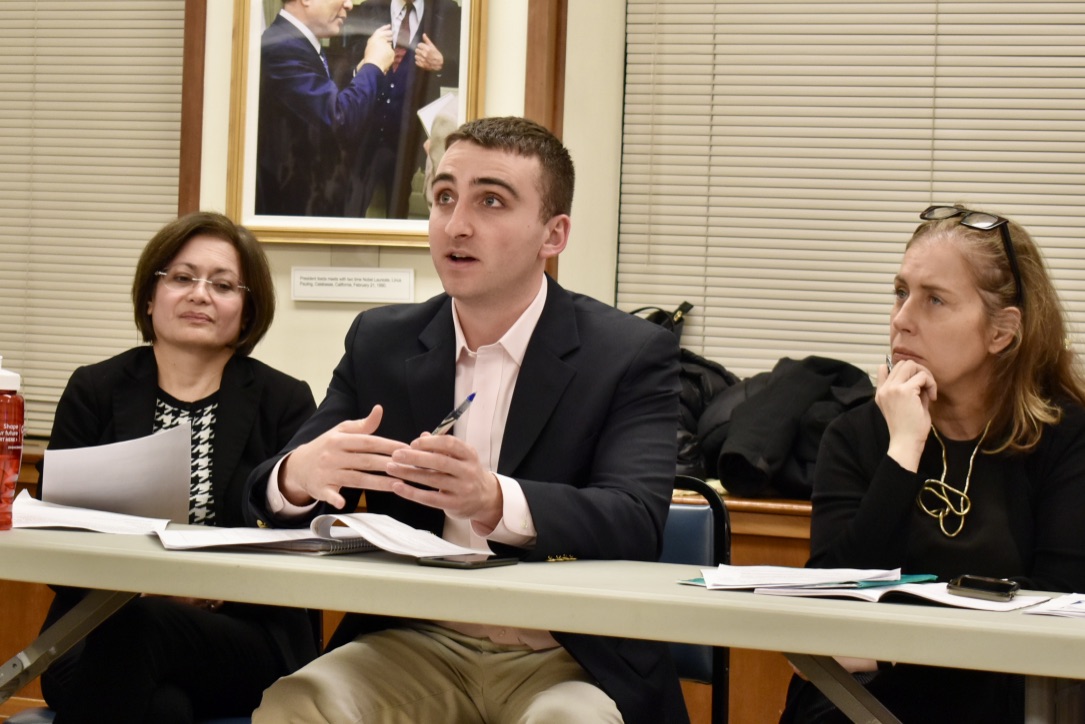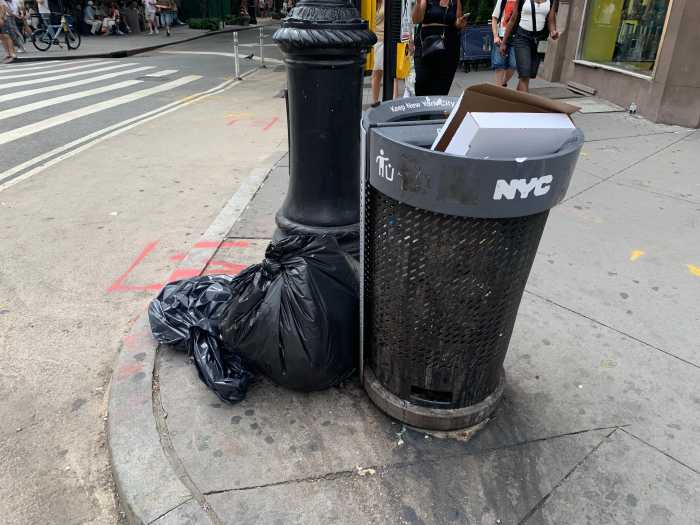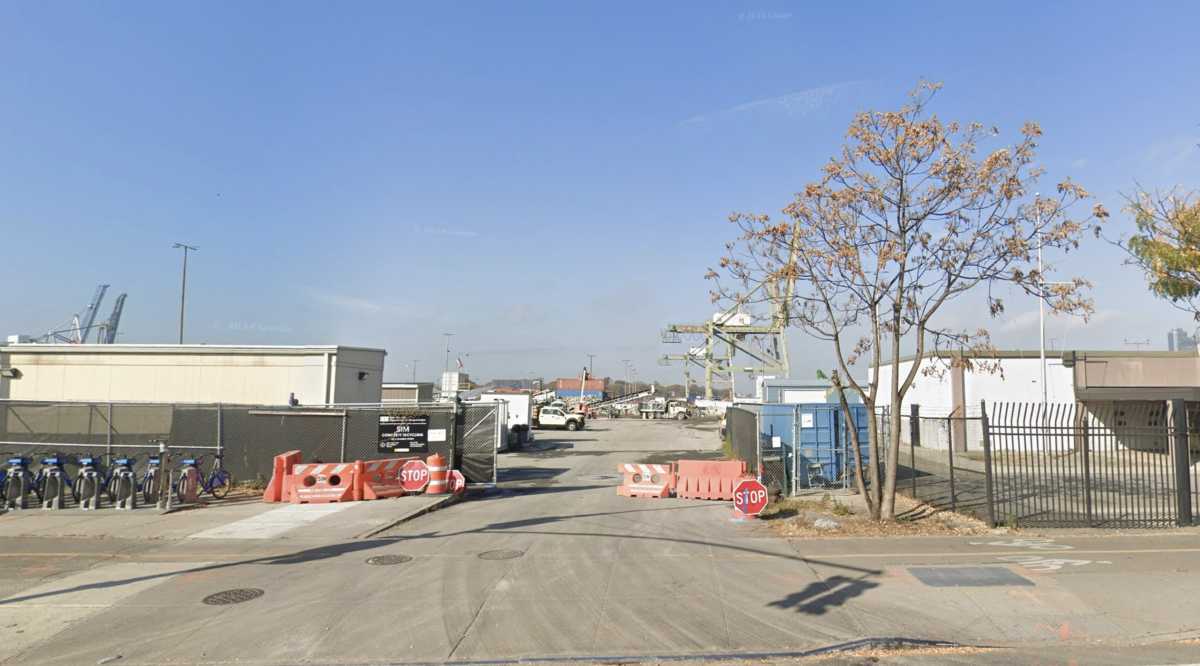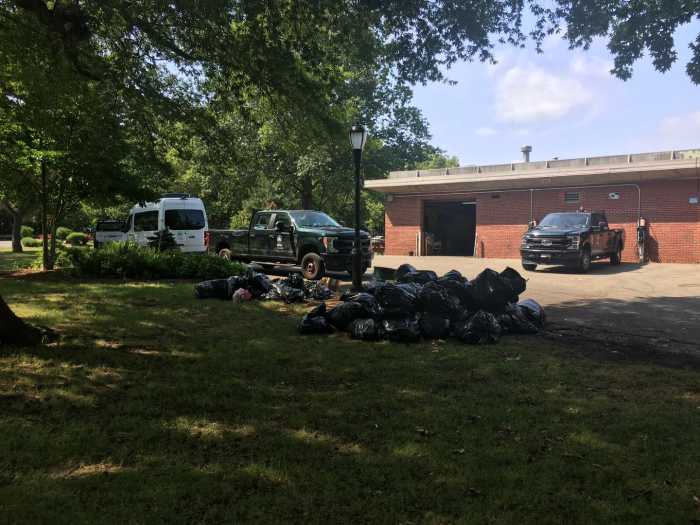By Chriss Williams
Community Board 5’s Budget, Education and City Services Committee won’t flush the city’s proposed program to incentivize retail and food-service establishments to open restrooms to the public.
The committee heard on Feb. 25 the results of a mandated review conducted by the New York City Department of Consumer Affairs on the program’s feasibility.
Local Law 74 of 2018 tasked the DCA to conduct a review on the feasibility of implementing a penalty mitigation program for retail and food-service establishments. The program waives fines for first-time violations of specific civil penalties, such as failure to post a required sign, in exchange for making its restrooms available to the public during business hours.
Food-service businesses would be eligible to receive the same incentive by donating excess food to local non-profit organizations.
“There is a real need for them,” said committee member Julie Chou, after presenting a brief overview of a city public toilet study she conducted last year. Chou found only 30 public restrooms available in the CB5 district, with only two open after 7 p.m.
Chou cited London’s ‘Community Toilets Scheme’ as a potential model for NYC, which pays businesses, including pubs, restaurants and retail shops to make restrooms accessible to the public.
Alberto Roldan, senior outreach coordinator for the NYC Department of Consumer Affairs, told the committee that the DCA is in favor of retail business participation in the program. However, the agency is hesitant to officially approve food-service establishment participation, due to the agency’s lack of expertise in studying or regulating excess food or food waste nor having the experience in vetting types of nonprofit agencies that would be appropriate for the program.
As written, the program is voluntary and retail businesses seeking the program’s two-year contract must certify that it has at least one bathroom that can be made safe, accessible and reasonably clean to the public during business hours with the exception of 10 p.m. to 6 a.m.
Committee Chair Renee Kinsella asked Roldan if there was an expectation for the city to financially support establishments, “in terms of having them underwrite insurance or having to hire more staff for cleaning?”
“I am not sure, but in previous, similar initiatives, we have partnered with agencies that have provided some funding for businesses,” Roldan responded.
Committee members expressed their support for good public restrooms with appropriate city support to ensure a positive experience for New Yorkers on the go. The committee voted in favor of writing a letter conveying its recommendations and concerns about the DCA’s review of penalty mitigation. This includes, how the DCA will construct and implement guidelines for foodservice establishments and create clear criteria as to what constitutes ‘safe and clean’ restrooms.
The letter will be presented and reviewed at the CB5 full board meeting on March 12.






































